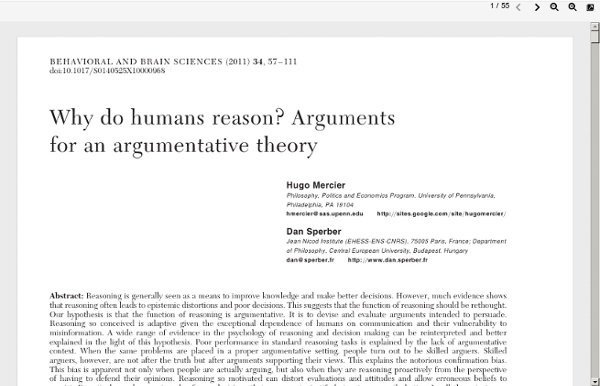



nootropics / smart-drugs Top 10 Thinking Traps Exposed Our minds set up many traps for us. Unless we’re aware of them, these traps can seriously hinder our ability to think rationally, leading us to bad reasoning and making stupid decisions. Features of our minds that are meant to help us may, eventually, get us into trouble. Here are the first 5 of the most harmful of these traps and how to avoid each one of them. 1. “Is the population of Turkey greater than 35 million? Lesson: Your starting point can heavily bias your thinking: initial impressions, ideas, estimates or data “anchor” subsequent thoughts. This trap is particularly dangerous as it’s deliberately used in many occasions, such as by experienced salesmen, who will show you a higher-priced item first, “anchoring” that price in your mind, for example. What can you do about it? Always view a problem from different perspectives. 2. In one experiment a group of people were randomly given one of two gifts — half received a decorated mug, the other half a large Swiss chocolate bar. 3. 4.
mental_floss Blog » Debunking Grammar Myths This week we're joined by a special guest blogger. Patricia T. O'Conner, a former editor at The New York Times Book Review, is the author of the national best-seller Woe Is I: The Grammarphobe's Guide to Better English in Plain English, as well as other books about language. She is a regular monthly guest on public radio station WNYC in New York. When I think about the rules of grammar I sometimes recall the story—and it's a true one—about a lecture given in the 1950s by an eminent British philosopher of language. Don't we all sometimes feel like that voice from the back of the room? English is not so much a human invention as it is a force of nature, one that endures and flourishes despite our best attempts to ruin it. So when you think about the rules of grammar, try to think like that guy in the back of the room, and never be afraid to challenge what seems silly or useless. Myth #1: Don't Split an Infinitive. "Split" all you want, because this old superstition has never been legit.